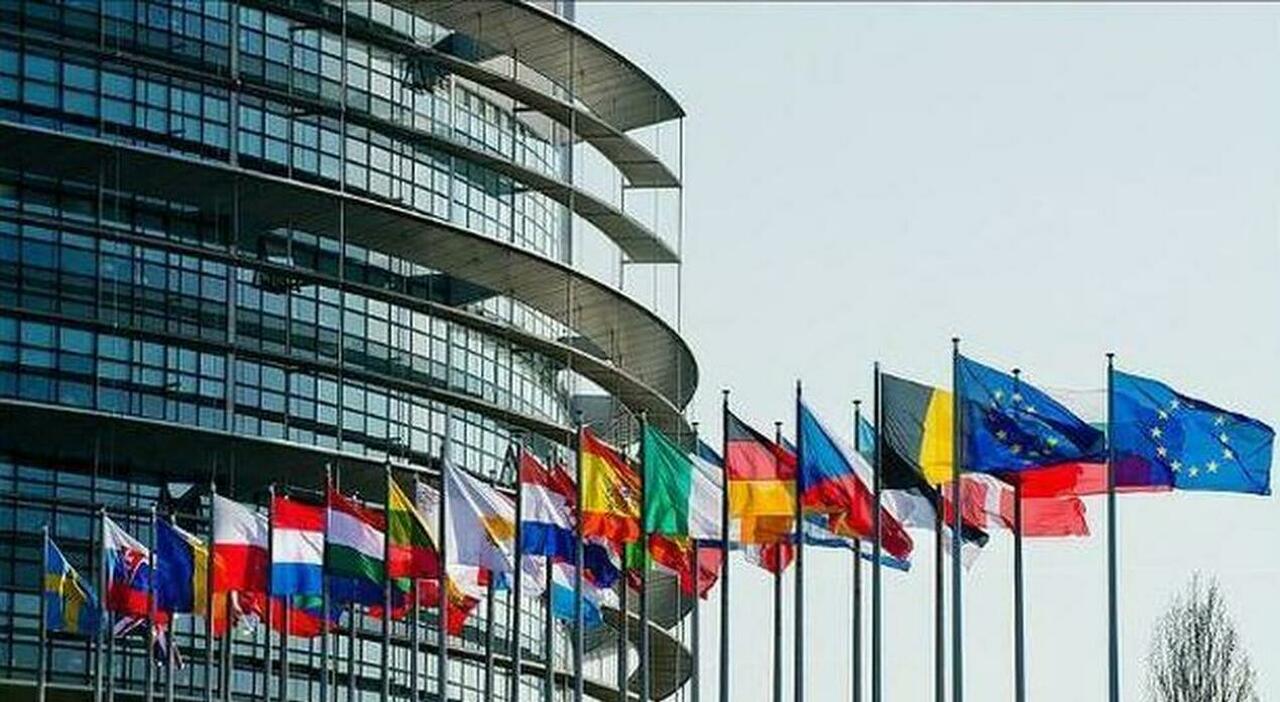Saturday 27 April 2024, 19:52 - Last updated: 7 May, 11:03
The EU has decided to update and extend the anti-money laundering regulations in view of the new Authority (Amla) that will be established in Frankfurt from mid-2025 and will have supervisory powers over the 27 member countries. More transparency for journalistic investigations, a cap on cash payments, and a focus on football. Among the 89 legislative acts that the Eurochamber approved in the last Plenary, in fact, there was also the sixth directive on anti-money laundering, accompanied by the 'single rulebook' regulation and the rules that defined the powers of Amla, for which Rome was also a contender. The journey of the package of regulations was not easy considering that the Commission's proposal dates back to July 2021. The first approval by the EU Council came in December 2022 but, after a long interinstitutional negotiation, the texts ended up at the last available Plenary. The 'flagship' regulation of the legislative package is, at first glance, the cap of 10,000 euros imposed on cash payments. In reality, with this new legislative structure, Brussels touches more sectors. Among these is football, to which the so-called 'due diligence' will be applied. Starting from 2029, in fact, high-level professional clubs involved in high-value financial transactions with investors or sponsors, including advertisers and player transfers, will have to verify the identity of their clients, monitor transactions, and report any suspicious transaction to the Financial Intelligence Unit (Uif). The same companies will also have the obligation to publish in the transparency registers the ultimate beneficial owners who own at least 15% of the club and to implement adequate transaction monitoring procedures to identify suspicious transactions. The European Club Association has long expressed its reservations on the sidelines of the negotiations. A EU source, to the Guardian, described as 'unpleasant' one of the last meetings with representatives of the ECA. In the end, EU legislators granted a series of exemptions that will allow clubs with turnovers of less than 5 million euros per season to avoid the new laws. The new package was approved under the Belgian presidency and precisely in Belgium, in 2018, an investigation into falsified transfer contracts and money laundering involved over 60 agents. The goal of the EU is not only crime but also terrorism-related laundering. Green MEP Damien Careme explained to the British newspaper: 'Criminals, oligarchs, and the rich and powerful have privileged ways to launder their dirty money, and football is one of these.' 'We will close the plethora of loopholes that exist and make life far too easy for money launderers,' commented another rapporteur, Luděk Niedermayer (PPE). The package was approved by a large majority in the chamber last Wednesday and now only awaits the formal ratification of the EU Council.
© ALL RIGHTS RESERVED
This article is automatically translated
